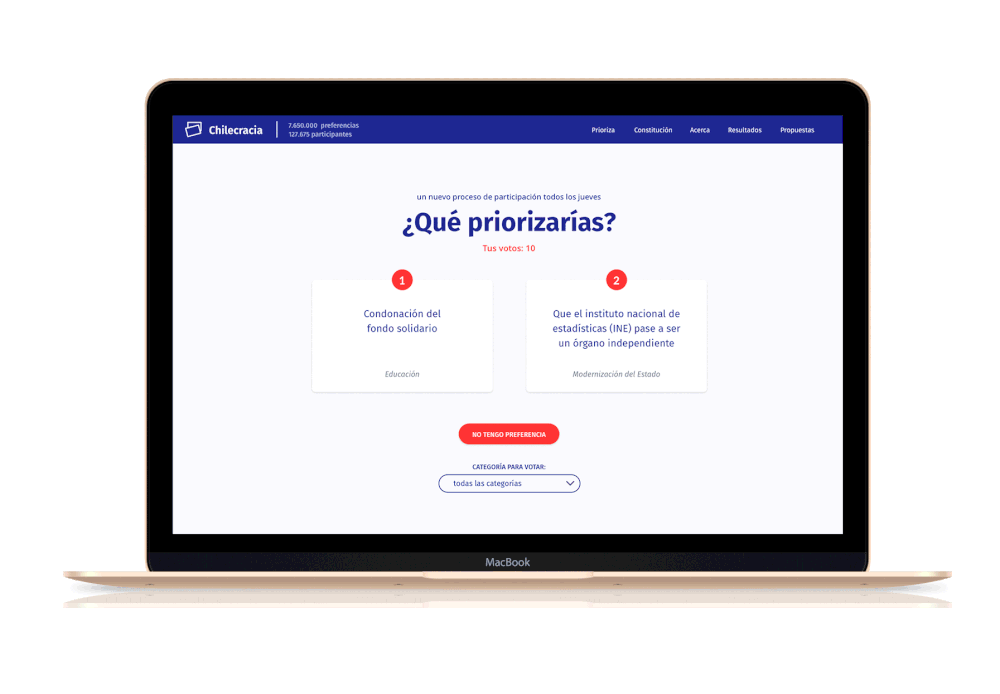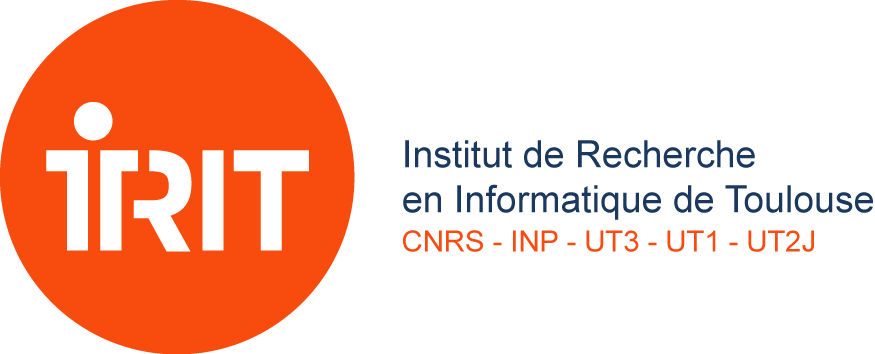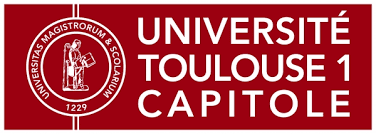About
brazucracia.org is a digital participation platform that allows users to create their own government programs. This platform allows citizens to select and rank more than 100 proposals taken from the government programs of the main candidates for the 2022 presidential election.
Collective Intelligence
brazucracia.org is a simple collaborative exercise that allows users to not only build their own government programs, but also identify areas of agreement and disagreement with other participants. The platform presents users with proposals extracted from the candidates' government programs. It asks them to select the proposals they agree with, and then to rank these agreed upon proposals in order of preference. Each participation, even partial, is taken into account in the creation of the collective program and in identifying the divisive proposals.
Our goal
The team's goal is not to influence the 2022 election, but to obtain new knowledge about online participation systems and to better know the empirical limits of social choice theory.
Why we don't recommend which candidate to vote for
The implementation of a voter recommendation system is based on a number of assumptions specific to the election in question and can easily result in biases for or against certain candidates. It is difficult to guarantee that the recommendations provided to the user are impartial. In our research labs, we take the issue of algorithmic bias very seriously, and one of the goals of the brazucracia platform is to generate data that can help us think about how to build better recommender systems.
About us
The platform was built by a team from the Center for Collective Learning, the flagship interdisciplinary research laboratory of the 3IA Institute of the University of Toulouse (ANITI). The team is led by Cesar A. Hidalgo, a Chilean-American researcher who moved to France in 2020, after leading a research laboratory at the Massachusetts Institute of Technology (MIT) from 2010 to 2019. The platform has was built by Carlos Navarrete, a doctoral candidate under the direction of César Hidalgo, in collaboration with lawyers, computer scientists and mathematicians, including experts in social choice theory from the Institut de Recherche en Informatique de Toulouse (IRIT), the CNRS, the Paris 3IA PRAIRIE institute and the Paris-Dauphine University. Hidalgo and Navarrete have previously worked together on similar platforms, including Chilecracia, a digital participation platform that garnered over 7 million citizen preferences during the 2019 Chilean revolution.
For any question please contact: hello@centerforcollectivelearning.org
Our Team
Junior Researchers
Carlos Navarrete
is a Ph.D. student at ANITI’s Center for Collective Learning. He has led the development of multiple platforms for digital participation, such as chilecracia.org, lebanocracia.org, colombiacracia.org, georgiacracia.org, asuprioriza.org, and constitutin.cl. He is currently pursuing a Ph.D. on digital democracy at the Center for Collective Learning in Toulouse.
Maria Eduarda Mello
is a doctoral student and master (2019) in Sociology from UFPE (Federal University of Pernambuco). Specialist in Public Policy and Gender Justice from Clacso (Latin American Consejo of Social Sciences). Graduated in Law from the Catholic University of Pernambuco (2015). Member of the OAB-PE Human Rights Commission. Lawyer since 2015, working in the social security, labor, civil and tax areas. Member of the GETSS (Study Group on Social Theory and Subjectivities) of UFPE. Research mainly in the fields of the sociology of law, the right to diversity, biodireit and the sociology of bodies and emotions, focusing on gender and disability studies.
Mariana Macedo
is postdoctoral student at the Collective Learning Center. Mariana is Brazilian and PhD in Computer Science from the University of Exeter (United Kingdom). Concluded the master's and bachelor's degree at the University of Pernambuco in the Department of Computer Engineering. Currently, her research involves the fields of computational and artificial intelligence, human mobility and inequalities.
Rachael Colley
is a PhD student at the University of Toulouse 1 Capitole and a member of the Institut de Recherche en Informatique de Toulouse (IRIT). She is working under the supervision of Umberto Grandi, researching topics such as computational social choice, judgment aggregation and liquid democracy.
Rodrigo Lira
is a professor at the Federal Institute of Education, Science and Technology of Pernambuco - Campus Paulista. He is a Phd candidate at University of Pernambuco (POLI-UPE), the institution where he obtained a master's degree (2014) and a bachelor's degree (2013), both in Computer Engineering. At IFPE, he was the coordinator of the two courses, and he develops research and extension projects on the campus. In 2021, he became an AWS Accredited Educator qualified to teach the AWS Cloud Foundation and Cloud Architecting courses.
Principal Investigators
César A. Hidalgo
leads the Center for Collective Learning and has academic appointments at the Universities of Toulouse, Manchester, and Harvard, and at the Toulouse School of Economics (TSE), the Institute of Advanced Studies of Toulouse (IAST), and IRIT. Prior to moving to Toulouse, he led MIT's Collective Learning group and worked as a research fellow at Harvard's Kennedy School of Government. Hidalgo has led the development of multiple public data distribution and civic participation platforms including the Observatory of Economic Complexity (oec.world), Data USA (datausa.io), Data Mexico (datamexico.org), and Chilecracia (chilecracia.org), among many others. Hidalgo holds a PhD in physics from the University of Notre Dame. He is the author of dozens of research papers and three books. His latest book is How Humans Judge Machines (MIT Press, 2021).
Jérôme Lang
is a CNRS senior scientist and a member of LAMSADE (University Paris-Dauphine, PSL). He holds a PhD in computer science from the University of Toulouse. He works in the field of computational social choice, where he designs and studies mechanisms and algorithms for collective decision making. He is the co-editor of the Handbook of Computational Social Choice and the author or coauthor of around 200 research articles.
Umberto Grandi
is associate professor in computer science at the University of Toulouse 1 Capitole since 2014. He is a member of the Institut de Recherche en Informatique de Toulouse (IRIT), where he co-leads the logic, interaction, language and computation research group. Umberto holds a PhD from the University of Amsterdam. He is a recognised young scholar in the field of computational social choice, regularly publishing in top AI conferences on topics such as judgment aggregation, social choice and social networks, and knowledge representation for collective decisions.
Carmelo Bastos-Filho
is currently director of innovation and higher education environments at the Pernambuco Secretariat of Science, Technology and Innovation, was chief scientist at the Pernambuco State Electro-Electronic Technology Park between 2015 and 2020, associate professor of the school's effective staff Polytechnic of Pernambuco, University of Pernambuco (UPE), Professor of UPE Computer Engineering, permanent member of the Postgraduate Program in Computer Engineering at UPE, permanent member of the Postgraduate Program in Systems Engineering at UPE , permanent member of the Postgraduate Program in Electrical Engineering at UFPE, collaborator of the Florida Institute of Technology Postgraduate Program in Computer Science and collaborates with the doctorate in UFPE Computer Science. He is a counselor of the Brazilian Society of Computational Intelligence, a partner of the Brazilian Society of Optics and Photonics (SBFoton), partner of the Brazilian Society of Microwave and Optoelectronics (SBMO) and senior member of IEEE. He has been a CNPq Research Productivity Scholarship since 2008, being promoted to Level 1D scholarship in 2018. He received in 2006, 2008 and 2018 the prominent research award from the Polytechnic School of Pernambuco. In 2009, he received the prominent research award from the University of Pernambuco. In 2017, he received the prominent innovation award from the Polytechnic School of the University of Pernambuco. Coordinated several research projects funded by CNPq/Universal, Facepe, Finep, Chesf (P&D Aneel), Fitec, Alcatel-Lacent and Fiat-Chrysler.






